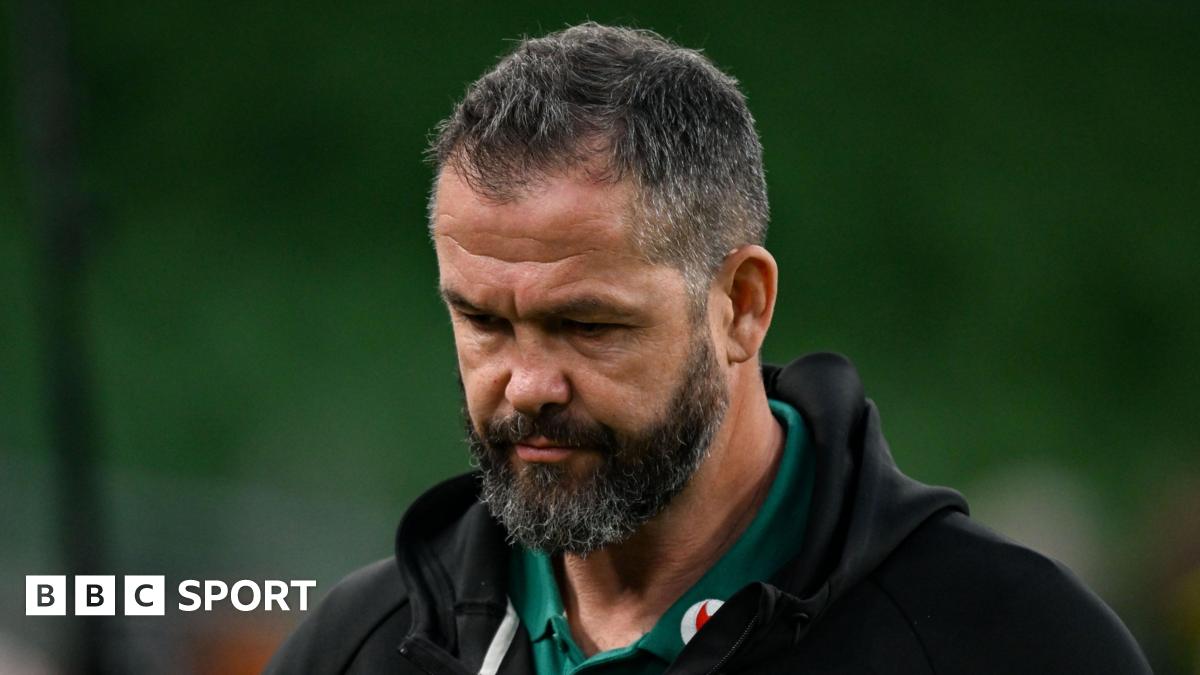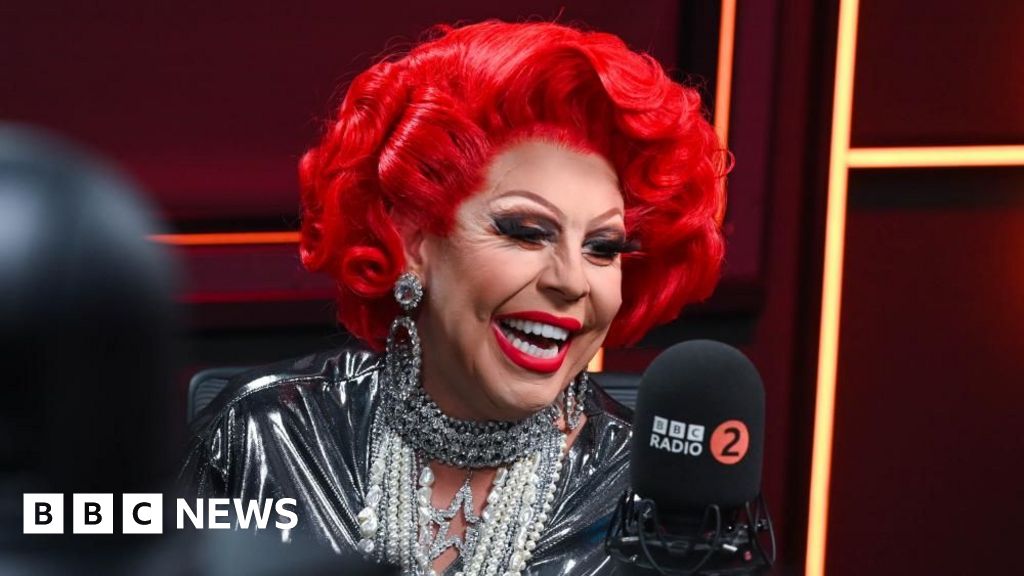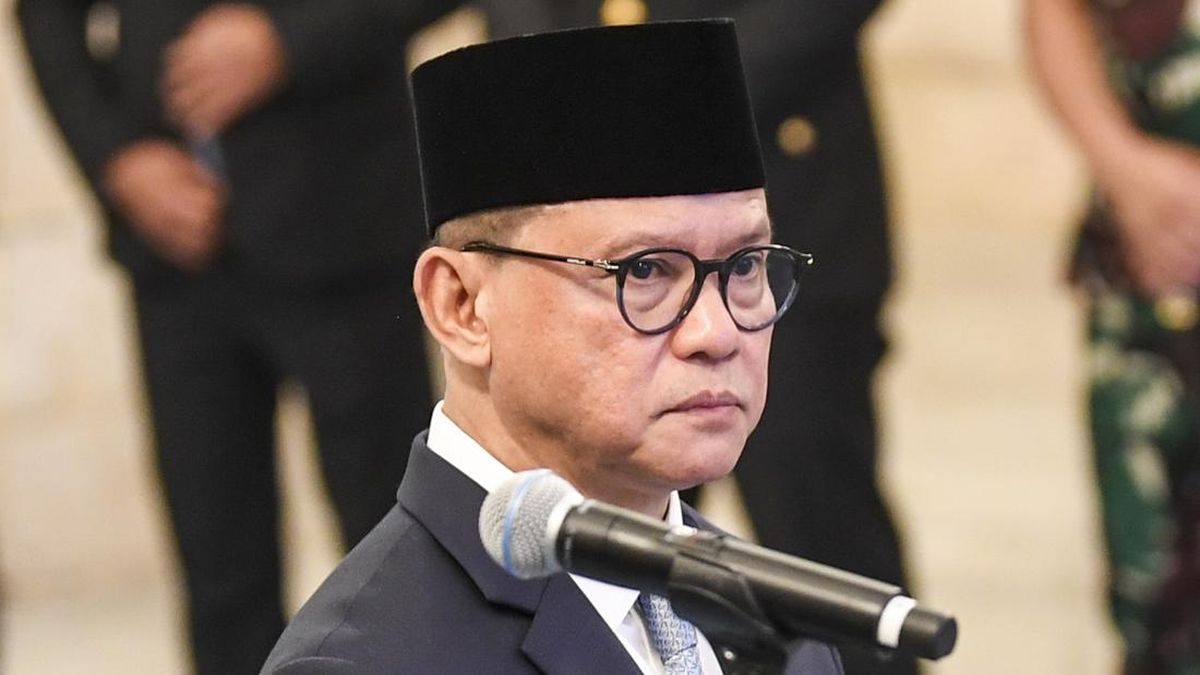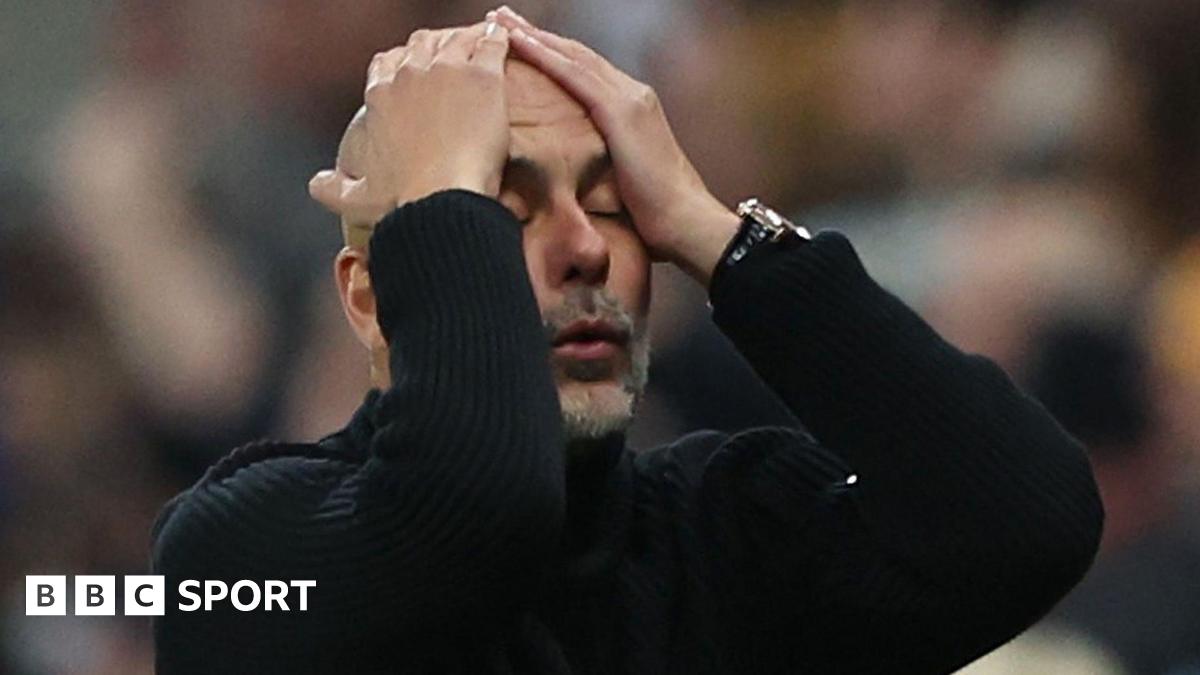Liliana Franco was just four years old when she walked into her kindergarten classroom, clutching her favourite Harry Potter book. Having learnt to read in preschool, kindergarten should have been a breeze for her. But by the end of the year Liliana “hated reading”, said her mother, Rochelle.
Liliana’s older sister, Sabrina, was also unhappy. Aged seven, she was in year 4, having skipped year 2. Sabrina was enjoying the work but struggled to connect with her classmates.

Rochelle Franco made the decision to home-school her two girls in 2019, after the school struggled to extend them.Credit: Sam Mooy
“There wasn’t enough the school was able to do to extend our girls,” the Roselands mother said.
“The schools hardly get enough to support kids who are falling behind, and the ‘care factor’ is not there for kids who are ahead.”
They decided on a “terrifying” step and, in 2019, the family became a part of a growing number of NSW parents rejecting the school system in favour of home schooling.
Between 2014 and 2024, the number of registered home-schooled children virtually quadrupled, from 3298 to 12,762.
Most of this growth occurred after the COVID-19 lockdowns, according to University of Sydney alternative education academic Nikki Brunker.
“We saw an upsurge before the pandemic, and then it just went gangbusters,” Brunker said.
Between 2014 and 2018, the number of registered home-school children had steadily increased. But after the pandemic, the growth was even higher, surging 81 per cent between 2020 and 2024.

Liliana and Sabrina reading together, aged 5 and 8.
Brunker said home schooling was once primarily for children with learning difficulties, but students whose needs were not being met now represented “the full spectrum”: from those with really significant intellectual needs and learning difficulties, to those on the autism spectrum, with ADHD, and “all the way through to profoundly gifted kids”.
The explosion has triggered changes to the home-schooling system.
In March, the NSW Department of Education took over responsibility for home schooling from the NSW Education Standards Authority (NESA).
Meanwhile, the Audit Office of NSW’s investigation into alternative education is seeking to determine whether “students who experience difficulties receiving an education in a mainstream classroom, or who choose not to be educated in a mainstream classroom environment, have access to a quality education, regardless of their circumstances, when in alternative educational settings”.
Brunker described “an explosion of independent, alternative learning programs”, which indicated mainstream schooling was not meeting children’s needs. For some parents, the choice to homeschool, “hasn’t been a choice at all”, she said.
Sydney parent Emma Calgaro felt she had no option but to home-school her nine-year-old, who has autism, ADHD and dyslexia, after the thought of school made him suicidal.
“He said, ‘Mummy, I am really stressed at school and when I am stressed, I want to jump off the library balcony,’” Calgaro said.
“It is very confronting for a family who never thought they would be in this position, [but] it has brought so much freedom to his education trajectory. The pressure is off, and I feel like we can breathe.
“I know how stressful it must be for schools and teachers to try and accommodate different ways of working, but I think the rise in home schooling demonstrates that something is fundamentally broken with our school system.”
Brunker believes home schooling will continue to soar as the education system moves towards explicit instruction.
“Schools have locked down in behaviour, assessment and approach to teaching and learning ... specific teaching practices are being mandated. We are seeing an increase in direct instruction and that in some schools is becoming so prescribed that it is scripted,” she said.
The education department acknowledged the increase in home-schooling registrations in recent years, but said these comprised less than 1 per cent of all school-aged children in NSW.
UNSW Professor Jae Jung, whose research focuses on gifted children, said while schools can “grade skip” advanced children, and “provide them with curriculum differentiation”, some refused.
Loading
“If the school is not willing to do this, [home schooling] is often seen as the only realistic option,” he said.
Sabrina and Liliana’s mother, Rochelle, said she didn’t “jump into home schooling lightly”.
“Wanting them to have a better educational experience then what they were having at school – that’s a lot of pressure,” she said.
She had just two goals for her first year: get Sabrina to want to write again, and Liliana to want to read again.
“I just wanted them to get [back] that desire to learn,” she said.
“I thought we would just try it for six months. If they didn’t like it, they could go back to school. But six years later, we are still here.”
The Morning Edition newsletter is our guide to the day’s most important and interesting stories, analysis and insights. Sign up here.
Most Viewed in Politics
Loading


















































